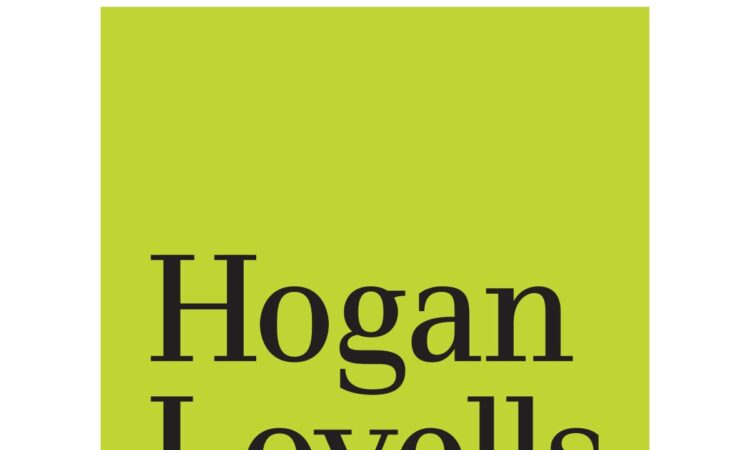
The end of the transitional period means that overseas entities who own UK land must have registered on the new UK register at Companies House by 31 January. The Act originally envisaged a much, much longer transitional period of 18 months, to allow companies more time to get their ducks in a row, but due to the government’s urgent desire to get the Act on the statute books it was rushed through Parliament last summer and the transitional period drastically reduced. The new UK register for overseas entities opened at Companies House earlier than many expected, on 1 August 2022. Under the Act, any overseas entities that own registered land in the UK are required to register at Companies House and provide verified information about their beneficial owners, in order to obtain an overseas entity ID.
A quick reminder of the Key Dates
28 February 2022: from this date, details of The leases of over seven years, charges or transfers of registered leaseholds or freeholds by overseas entities must be provided to Companies House.
1 August 2022: the new register of overseas entities opened at Companies House.
5 September 2022: the Land Registration changes took effect.
31 January 2023: the transitional period under the Act will end.
The nitty gritty: Who, what, when
Who
An overseas entity includes a company, partnership, trust or other legal entity. The overseas entity has to provide information about itself and its beneficial owners. If there are no beneficial owners, the overseas entity has to state that this is the case and provide information about its managing officers.
A person is a beneficial owner if, in relation to the overseas entity, it:
- owns directly or indirectly more than 25% of the shares or voting rights;
- can appoint or remove a majority of the board of directors; or
- has the right to exercise or actually exercises significant influence or control over the overseas entity.
What
The deadline is fast approaching. Overseas entities who already currently own UK property have been given until 31 January 2023 to register at Companies House and obtain an ID number. At some point after 5 September 2022, the Land Registry has placed a restriction on the title which will become effective after 31 January 2023 and will restrict transfers (other than surrenders), long leases and charges unless one of the exemptions applies. The most important exemption will be registration at Companies House evidenced by the overseas ID number.
Under the Act, overseas entities buying, leasing or charges UK property, will already have had to get registered and obtain an overseas entity ID, in order to apply to be registered at the Land Registry as the new owner of property. This is required for purchases, leases of over seven years or charges. The Land Registry application will be rejected outright if the overseas entity ID is not provided.
Note that to continue to be effectively registered at Companies House, the overseas entity will need to comply with an “updating duty” at least every 12 months from the date of registration.
When
Overseas entities should register at Companies House as soon as possible.
The details of any disposals by overseas entities made since 28 February 2022 must be provided to Companies House, even if the overseas entity no longer owns any property in the UK. The relevant disposals involve a freehold or leasehold granted for a term of more than seven years or a charge.
Non-Compliance
An existing overseas entity (and its officers) who owns land but has failed to register at Companies House before 31 January 2023, will commit an offence, potentially punishable by imprisonment or a fine or both. Failing to comply with the updating duty is also subject to a fine. As from 31 January, Companies House will begin to focus on compliance and enforcement activity and look into those overseas entities who are in scope of this new legislation and have not applied to get registered on the new register. We can help you in relation to assessing company structures and beneficial owners, so please do reach out to us for further guidance.






